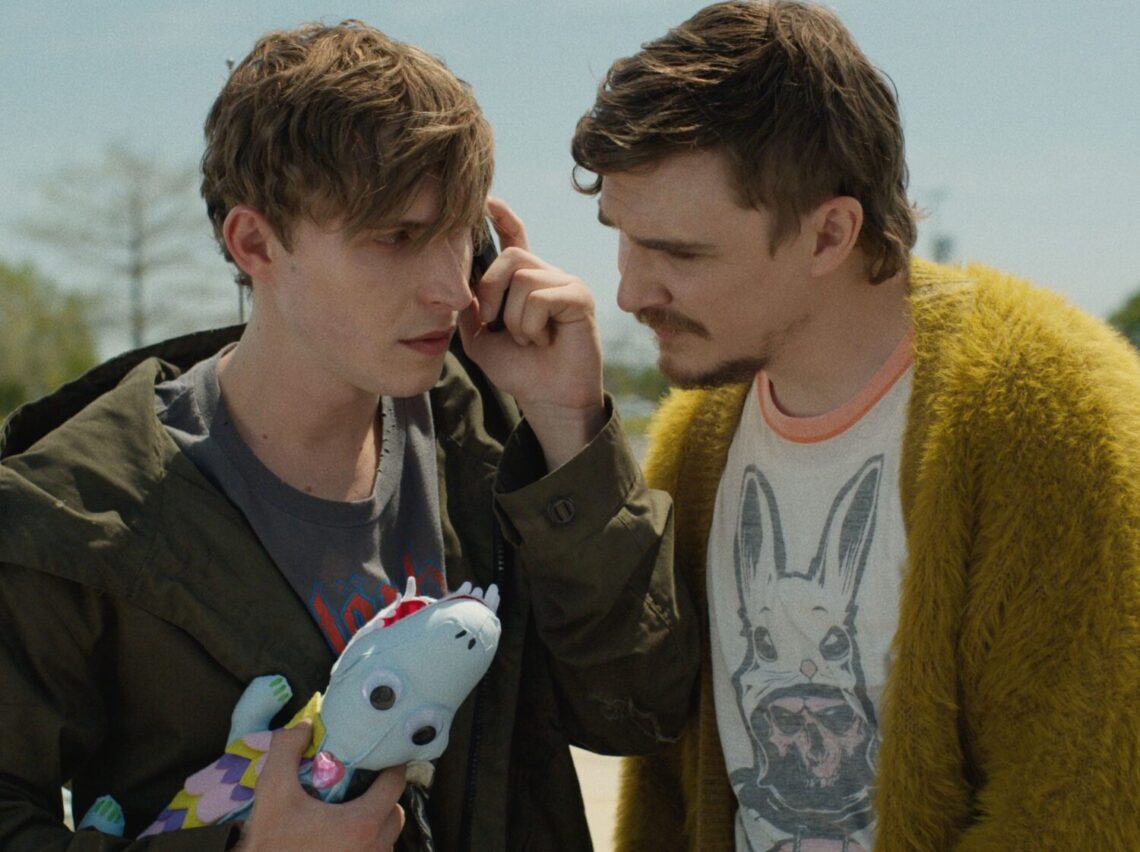Some people need to face their demons, even if they’re forced to at gunpoint. At least that’s the conceit of Carter Smith’s The Passenger, a white-knuckled thriller that redefines the term, “therapy session.” This Blumhouse indie might seem like your basic psychopath/his impressionable hostage story, but underneath the carnage it touches on a lot more– millennial fatalism, capitalist failing, and the search for one’s identity. Reminiscent of character-driven movies from the 70’s, it unspools a simple narrative while retaining a rich subtext. Imagine if Jack Nicholson’s character in Five Easy Pieces went on a shooting spree instead of revisiting his childhood home and you’ll get an idea of what you’re in for.
Set in a desolate town that can only be described as Nowheresville, America, we open on Randy Bradley (Johnny Berchtold), a malnourished 21-year-old, who awakens from a nightmare regarding an incident from his childhood. The kid works at a local fast-food joint, which looks like a relic from Alice Doesn’t Live Here Anymore. Shot in murky orange, beige, and brown pallets, this depressing spot could represent any American business that favors meekness over individuality. It’s a perfect place for a submissive like Randy whose porn-addicted boss calls him into his office one morning and offers him a promotion. In a humorous twist, the boss realizes he doesn’t know Randy’s name since he gave him the wrong nametag months back. Randy admits he chose to wear the nametag instead of asking for a new one.
Capitalism hasn’t looked this pathetic since Office Space, though The Passenger’s world isn’t funny as much as cringey. The opening sets the tone for a movie which balances horror and social commentary somewhat seamlessly, at least for a while. The screenplay by Jack Stanley has some interesting insights, including how people who live in these kinds of austere environments can turn on each other instead of the powers that be. This…
Read the full article here







